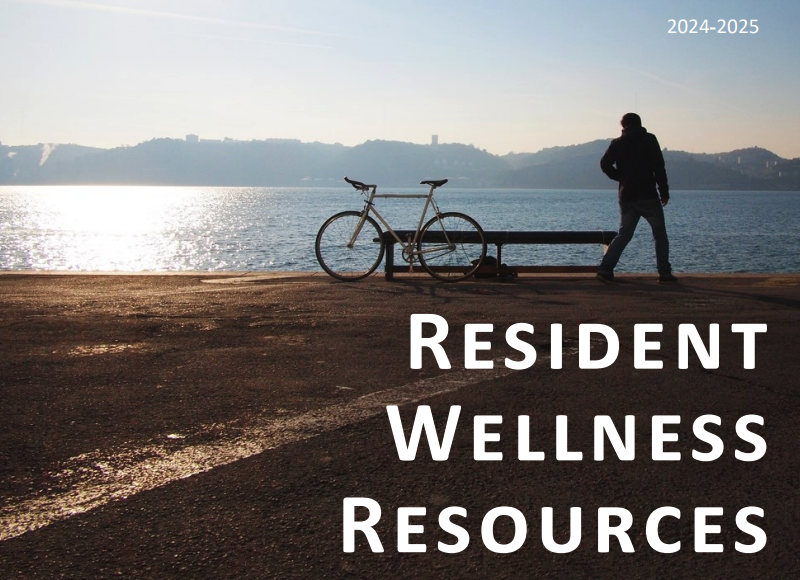Fatigue Risk Management

In supporting residents and programs in reducing resident fatigue, and promoting resident fatigue risk awareness and management within residency training, the following fatigue risk management resources are provided for your information:
PGME Policy | PDF Handout | Online Tool Kit
Community Referral Network
 It is common for residents to see a private counsellor without a core understanding about residency training. After receiving feedback related to the frustrations of explaining residency, the RCAPS Office trained 25 counsellors across BC who understand the complexities of medical training. The Community Network counsellors come from varied backgrounds and expertise areas which include; Black, Indigenous and People of Colour (BIPOC) counsellors, neurodivergent, ADHD/Autism specializations, and counsellors from the Two-Spirit, Lesbian, Gay, Bisexual, Trans, Queer, Intersex, Asexual (2SLGBTQIA+) community. For residents seeking Black counsellors specifically, click here. Our Network has flexible evening and weekend availability to accommodate busy resident schedules. Download our Community Referral Network.
It is common for residents to see a private counsellor without a core understanding about residency training. After receiving feedback related to the frustrations of explaining residency, the RCAPS Office trained 25 counsellors across BC who understand the complexities of medical training. The Community Network counsellors come from varied backgrounds and expertise areas which include; Black, Indigenous and People of Colour (BIPOC) counsellors, neurodivergent, ADHD/Autism specializations, and counsellors from the Two-Spirit, Lesbian, Gay, Bisexual, Trans, Queer, Intersex, Asexual (2SLGBTQIA+) community. For residents seeking Black counsellors specifically, click here. Our Network has flexible evening and weekend availability to accommodate busy resident schedules. Download our Community Referral Network.








